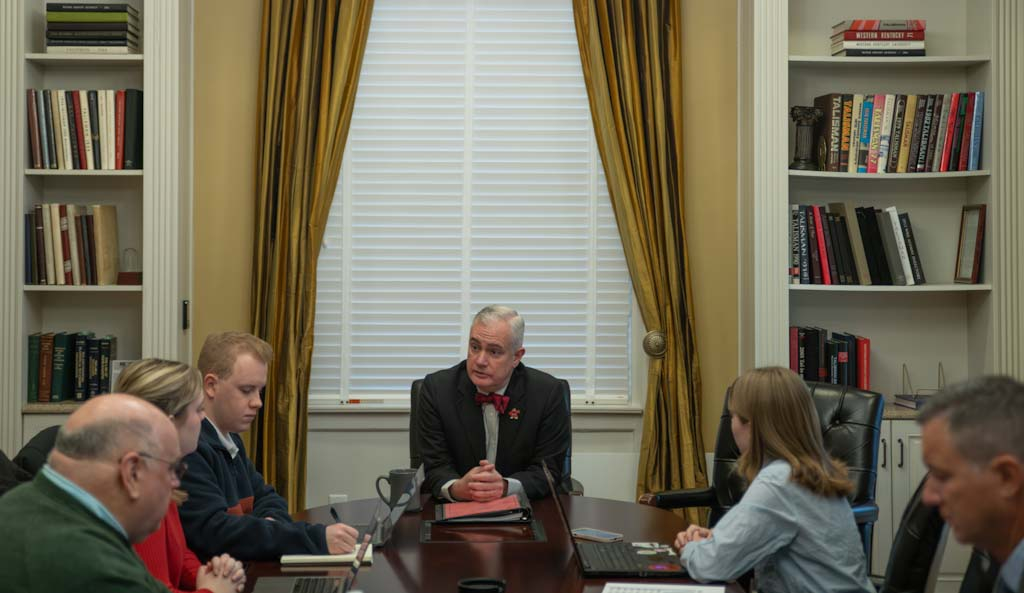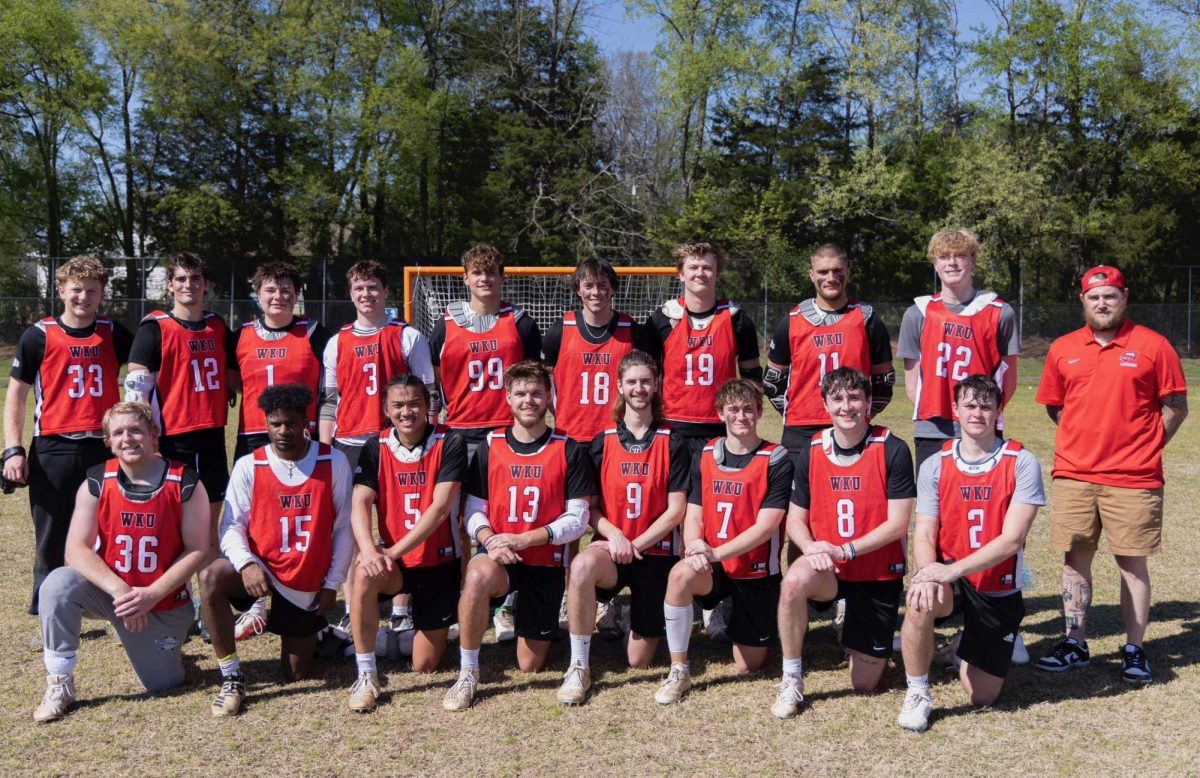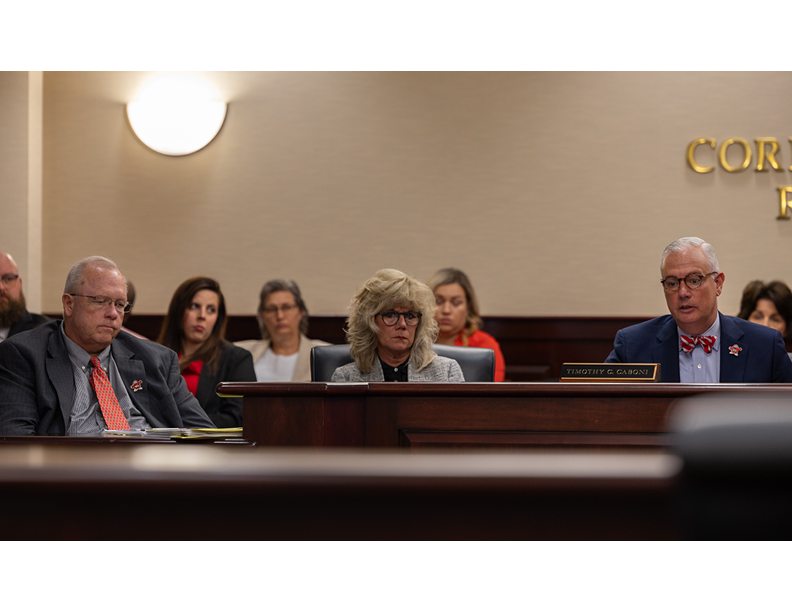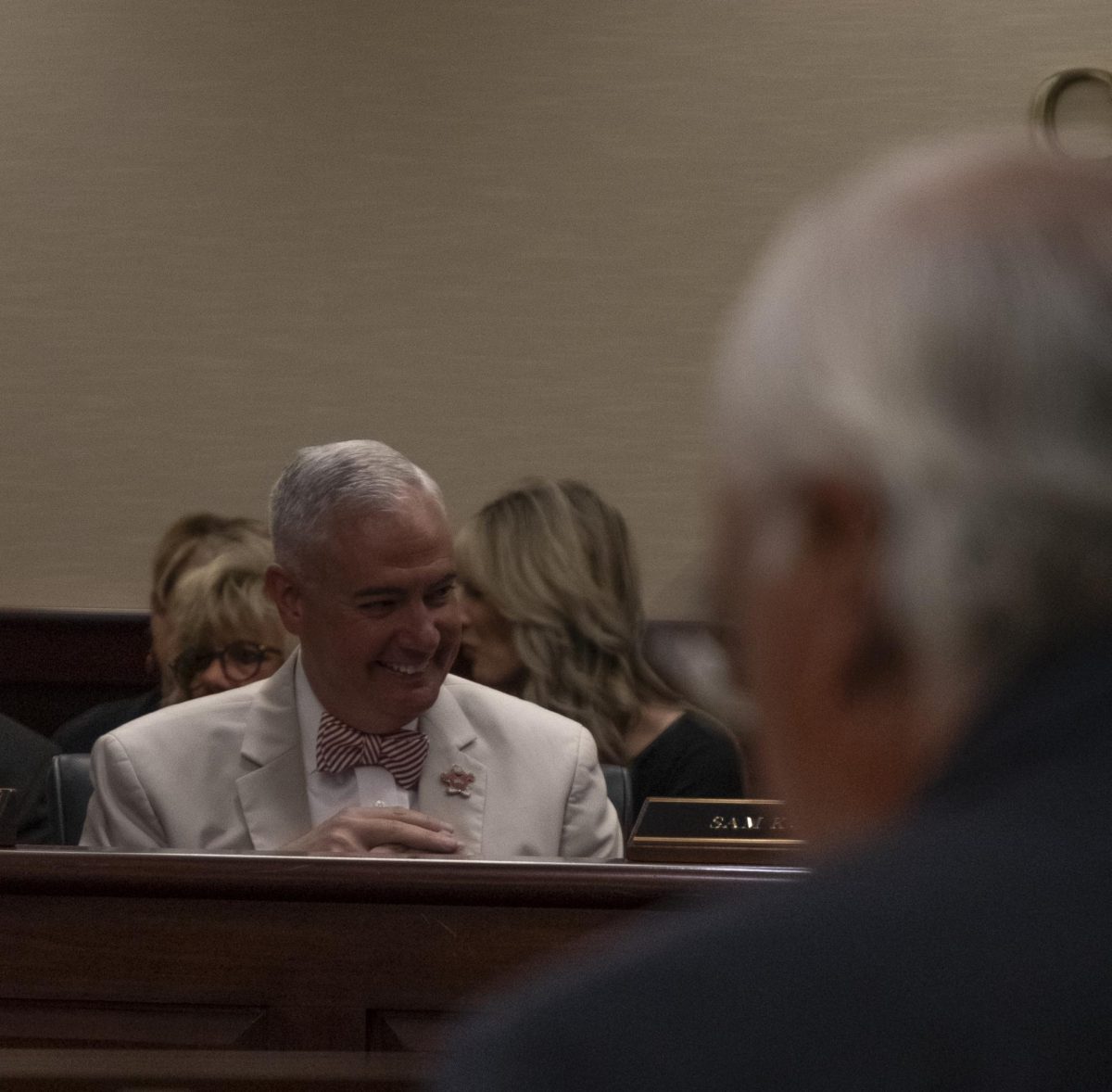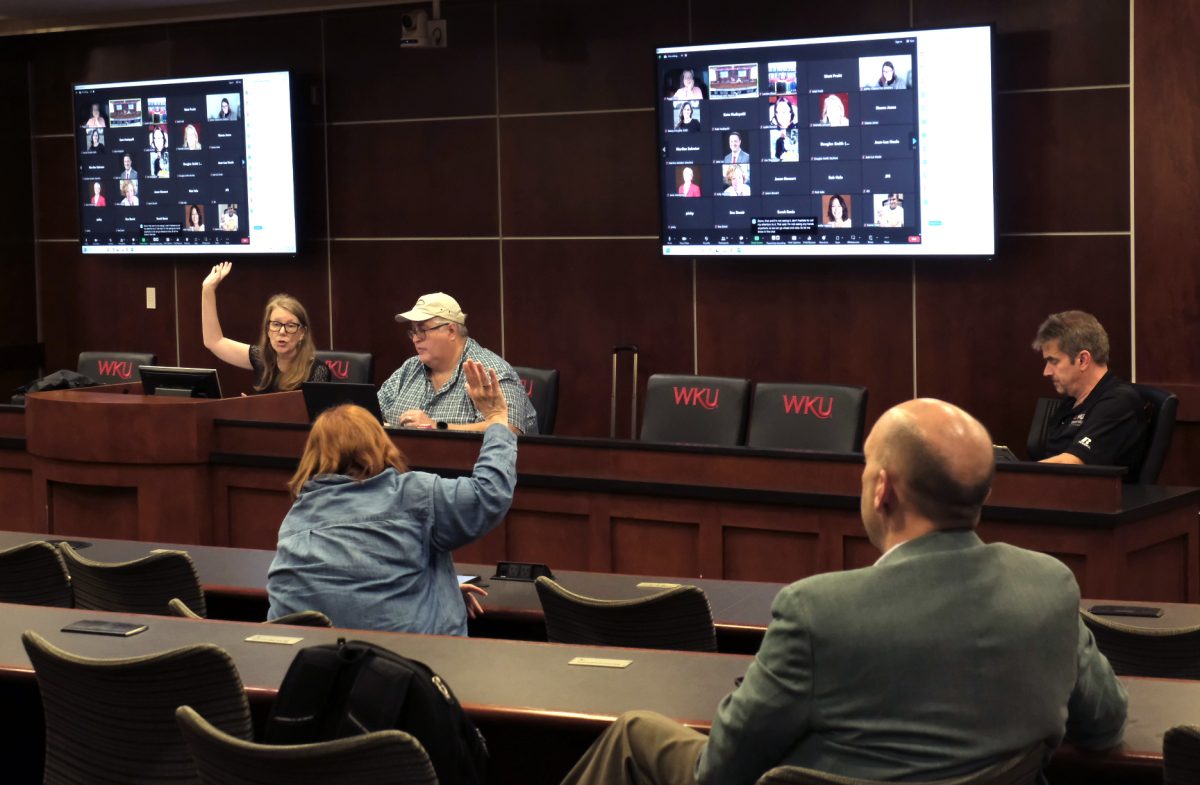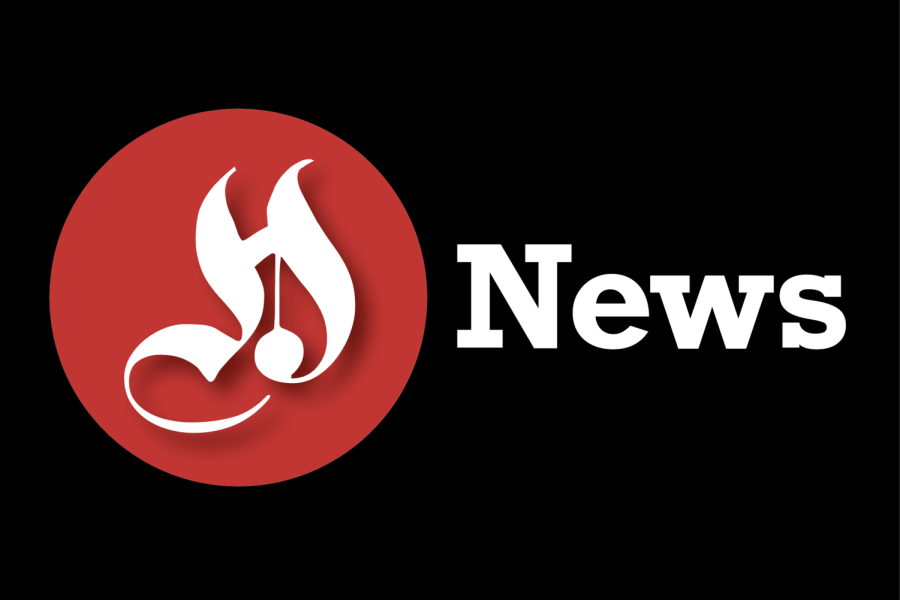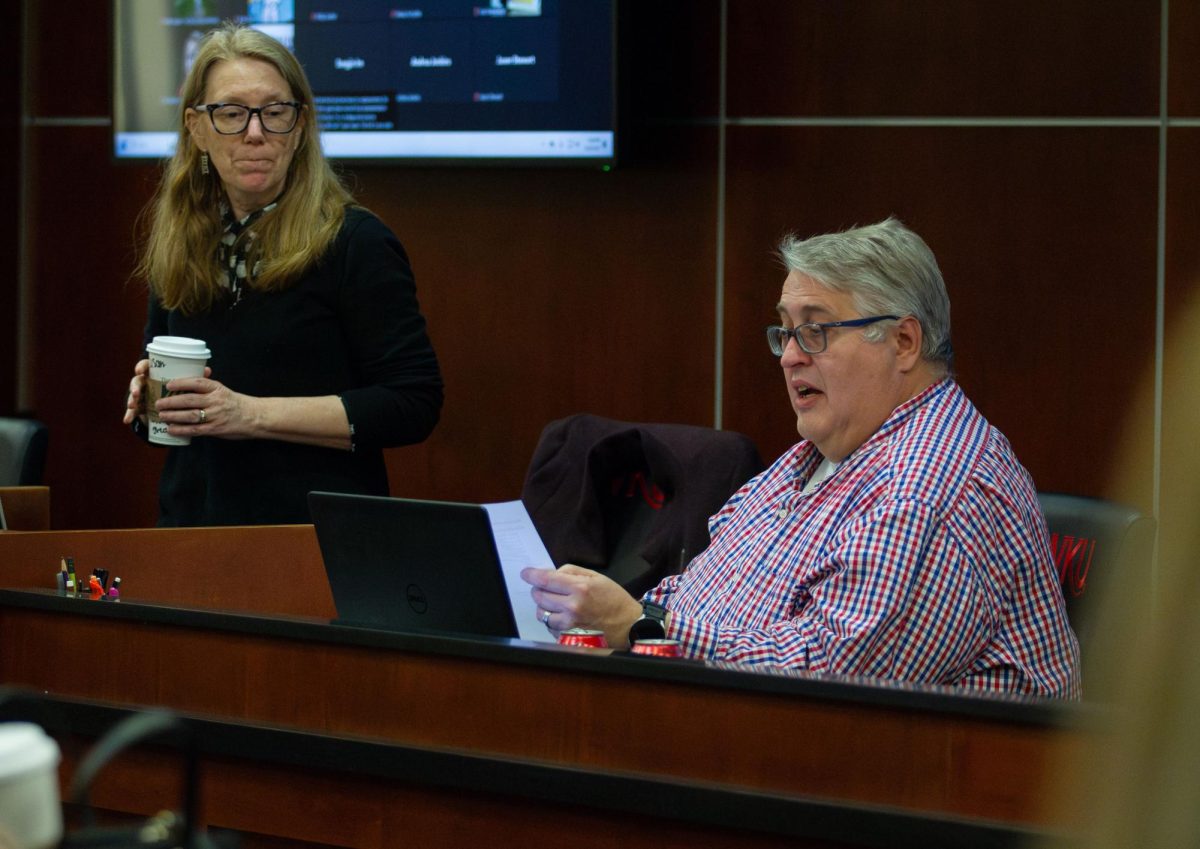The Herald met with WKU President Timothy Caboni on Wednesday, Jan. 10 to discuss the upcoming spring semester.
Enrollment and Retention
Last semester marked the first increase in degree-seeking enrollment at WKU in 13 years of 1.5%, as well as total enrollment increases of 5.8%, according to an email Caboni sent to faculty and staff on Oct. 11.
This is among college enrollment growth statewide. Kentucky was ranked first in the nation for total enrollment growth between fall 2022 and fall 2023, with an increase of 5.6%.
Caboni said turning the university’s focus towards degree-seeking students is essential to growing enrollment, as growth in this portion of students aids WKU’s core mission and creates budgetary stability. He thanked faculty and staff for their efforts on working to increase degree-seeking enrollment.
“It helps us meet our core mission of producing graduates for the commonwealth,” Caboni said.
Caboni also explained how getting students on campus as degree-seeking students is beneficial to retention rates. Initiatives like the freshman Living Learning Communities also increase retention rates and create a stronger “first year experience.”
“The more we can get people here, the higher retention rates we’ll get,” Caboni said. “… When you think about what we’ve done, we’ve created a first year experience, and our total overall experience is very attractive to folks from around the commonwealth, from around the state or across the country.”
Other recruitment and retention initiatives are in the scholarships and endowments offered to students. Caboni described the Opportunity Fund as the collection of all of these, or “money that in some way supports students or student success.”
“I’m really excited about where we are with the Opportunity Fund,” he said “At the end of December, we were over $95 million raised. And that work has really resonated with our alumni, many of whom were the first in their families to go to college.”
WKU has also increased recruitment efforts for “important growth areas” outside Kentucky, including metro Nashville, areas west of Chicago and areas surrounding St. Louis. The border state scholarship is an incentive offered to these out-of-state students, which provides them with in-state tuition.
However, Caboni also gives focus to recruiting students from Southcentral Kentucky.
“[We] have to make sure we pay attention to our backyard,” he said.
With the college attendance rate in the region at 50%, down from 62% pre-COVID-19, Caboni is concerned about getting potential students any sort of education after high school, but it is an effort involving both colleges and Kentucky leadership.
“My concern is we have to get them some kind of education after high school for them to be able to have good job prospects, and as a state we have to have that conversation,” Caboni said. “It is partially me and us in recruiting, but it has to be our state leadership, understanding that human capital is our most important capital, and for us to be able to continue economic growth, we need an educated workforce.”
Construction and Renovation
As students return to campus for the upcoming spring semester, they can expect to see progress being made in the continuous construction efforts.
The construction of the new Gordon Ford College of Business has completed the foundation of the building, including plumbing, sewage, heat and steam, Caboni said.
“The excitement begins as the physical structure begins to take shape,” he said.
The new college of business is set to be complete in Fall 2025.
Along with the business college construction, work is being done on the Hilltopper Field House and the press box at Houchens Stadium.
“The work on the press box has already begun, and we hope to have that completed by the fall ‘24 season,” Caboni said.
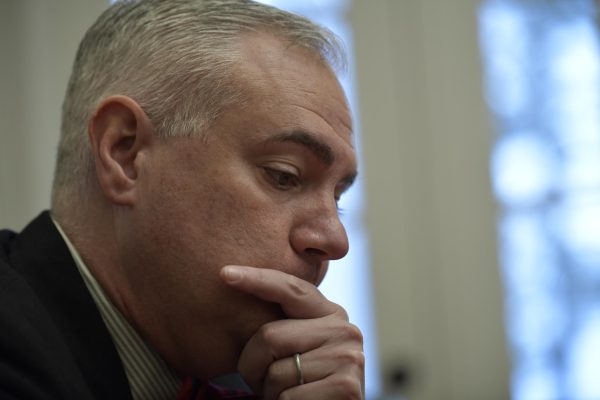
The renovation of Cherry Hall is planned to maintain and elevate the building, along with mechanical work being done, Caboni said. The renovation of Cherry Hall is supposed to be similar to the renovation of the Commons at Helm Library in terms of preserving the building’s history while updating it for modern needs and usage.
“That is a signature facility for our campus,” Caboni said. “Currently, $30 million would assist in the renovation of not visible things, like heating and air, as well as everything behind the walls and above the roof.”
In the 2022 Kentucky Regular Legislative Session, $30 million was allocated by the General Assembly for this project, but Caboni acknowledged that more would be needed.
“What we know is a $30 million renovation is not going to transform it,” Caboni said. “So during the [2024] session, we’re going to work really hard to convince legislators for another tranche of asset preservation dollars. We’ve already gotten good traction there.”
Maintenance work will continue to be done around campus, specifically work on and replacement of heating and steam lines.
“Not the sexiest of projects, but important for making, for ensuring that we get our buildings safely and consistently heated,” Caboni said.
In the governor’s proposed Capital Budget, WKU is allocated over $185 million to make various facilities improvements and renovations across campus.
“The number one capital project priority for the university is a replacement of the Academic Complex, which is number one on that list,” Caboni said.
Within the campus Master Plan, there was an evaluation done assessing the utilization of the facilities with updates and maintenance needed due to normal wear and tear. Caboni said Cherry Hall was number one on the list, and the Academic Complex was within the top three.
Caboni briefly mentioned construction surrounding Hilltopper Hall due to a shift in the masonry and the work being done to remedy it. However, It will not impact the daily lives of the hall’s residents.
Legislative Priorities
Kentucky’s 2024 Regular Legislative Session began on Jan. 2. On the first day of the session, Sen. Mike Wilson, R-Bowling Green, filed Senate Bill 6, which discourages Kentucky’s public universities from pursuing initiatives that promote Diversity, Equity and Inclusion.
When asked about the bill, Caboni stressed that the university will continue to do everything it can to ensure that every student is supported during their time at WKU.
“Our focus is ensuring every student, no matter their background, is supported,” Caboni said. “There are concerns around ideology, and what I would say to my legislative colleagues is all our work at WKU is around one thing: ensuring that every student we admit is supported and gets to a college degree, no matter their background.”
Caboni stressed that diversity to him and to the university also includes first-generation students, students who are veterans, students who come from rural communities and other students who “need to get a degree to transform their families and their families’ futures.”
“That’s diversity for us, as our students who come from demographic backgrounds in different orientations. My focus is that every student who comes here is supported, feels welcome, finds their peer group and gets a college degree,” Caboni said.
As a public university, much of WKU’s funding comes from the General Assembly, and as such, it falls to the university to lobby legislators to see its priorities written into law.
This session, many of the university’s priorities are centered around securing funding for various construction projects, like the renovation of Cherry Hall and the replacement of the Academic Complex.
Last month, the Government Contract Review Committee approved a $27,500 contract to Commonwealth Alliances for that group to lobby the legislature on behalf of the university. This is a common practice during legislative sessions but is unusual for WKU.
During budget sessions like these, however, for Caboni, it is important for the university to receive the funding it requires.
“Nothing comes close to that kind of investment in our institution, and so ensuring that we’re successful in a budget year is important,” Caboni said.
The lobbyists the university hired to work on its behalf, Commonwealth Alliances, have been tasked with helping to secure that funding, as well as other priorities that Caboni will be discussing with legislators. The university used one-time dollars from its Strategic Investment Fund to recruit these lobbyists to help in making these priorities a reality.
“So there are a couple things this year that we’re going to pursue that are in addition to the budget … But we’re not yet at a place in the session where I want to discuss that publicly,” Caboni said.
Kentucky’s public universities also receive performance funding from the General Assembly. According to the Council on Postsecondary Education, this funding is based on a “model that aligns state funding to performance and student success metrics.”
In previous years, WKU’s performance funding allocation has fluctuated. Fiscal Year 2022 saw an increase in this funding by over $6 million compared to the previous year, while Fiscal Year 2023 saw a decrease in this funding by nearly $2 million.
Out of the 11 metrics for funding, WKU met two of them – student progression at 30 hours and instructional square feet.
Caboni acknowledged these metrics and the fluctuation, but he was optimistic about a future increase in the university’s allocation as enrollment numbers and the number of degree-seeking students increases.
“At the same time, what we know as a commonwealth is that if we focus on the things that are right, more students getting degrees and going to work, then this will take care of itself,” Caboni said. “And so while there’s work to be done, there also are positive indicators in the future that look like we’ll do better.”














